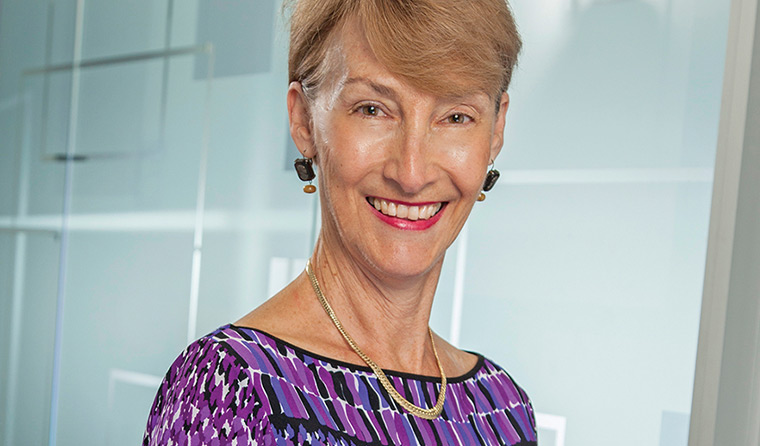News
eConsult model aims to bridge rural–urban chronic disease health gap
A new model giving patients and GPs in western Queensland access to input from city-based specialists is set to launch next year.
 Can this model overcome the tyranny of distance?
Can this model overcome the tyranny of distance?
The Australian-first eConsult model is aimed at GPs and rural patients with complex chronic diseases in Queensland who will be able to gain input from chronic disease management specialists without a face-to-face consultation.
The model is a variation of that used by top US healthcare organisation, the Mayo Clinic.
Under these models, GPs who might be considering referring their patient for an outpatient visit in a distant city instead email a general physician with a number of targeted questions, to request specific advice. The general physician responds within 72 hours, and the patient then returns to the GP to talk through the advice.
Evidence from overseas has shown eConsults can cut waiting times, reduce hospital presentations, and reduce the need for long, expensive trips to seek hospital care in major cities.
Crucially, the model is asynchronous, reducing the effort required to get patient, GP and specialist on the same call.
Australian program leader Professor Claire Jackson, a member of the Primary Health Care Advisory Group and past RACGP President, said the program will cut through the ‘tyranny of distance to intervene early in the disease process and reduce avoidable hospital visits’.
‘Currently, limited local availability of specialist access in western Queensland means patients travel long distances to access specialist services in regional centres or Brisbane, or rely on clinician–patient real-time videolink,’ she said.
Professor Jackson told newsGP the model is ‘quite different’ to videoconferencing.
‘The problem we see is that with a GP and general physician involved, they’re sometimes unavailable – and the patient is in the middle of it,’ she explained.
‘This model takes a different focus, replacing the telephone conversation with a written summary. It means patients don’t have to go to a face-to-face interview.
‘In the US, they’ve avoided 15% of outpatient visits. In our pilot study in the south of Brisbane, we avoided 90%.’

Professor Claire Jackson’s research is up for a prestigious national award.
The initiative is one of a range of efforts underway to tackle the persistent rural–urban health deficit. Rural and remote Australians have lower life expectancies, higher rates of chronic disease, and reduced access to health services.
Another effort rolling out is the ECHO Model, which relies on case conferences between GPs and other specialists and experts.
Professor Jackson said the two models are quite different.
‘ECHO has a big area of interest in [for example] ADHD management in Queensland, with a number of GPs very committed to it. But it is a different model,’ she said. ‘Case conferences limit the number of GPs who are available repeatedly over time. It’s not really scalable.
‘We’re looking at what can scale nationally.’
The eConsult program is a joint effort between Professor Jackson’s Centre for Health System Reform and Integration at the University of Queensland, Queensland Health, the Western Queensland Primary Health Network, the Mater Hospital in Brisbane and the Australian Digital Health Agency.
The model is one of three initiatives cited in Professor Jackson’s recent nomination for Research Australia’s Health Services Research Award.
The other initiatives cited are the beacon model – where patients who struggled to attend diabetes outpatient appointments received care from a GP with a special interest, endocrinologist and diabetes educator within designated beacon practices – and the Health Care Home model.
Research Australia CEO Nadia Levin said Professor Jackson is a ‘trailblazer’ in primary health reform.
‘We are honoured to have her as a finalist,’ she said.
Professor Jackson said it is ‘very exciting’ to be a finalist for the award.
‘The theme across the three initiatives is looking at building capacity in general practice and the community to do more. It’s about building skills to deliver more complex care in the community,’ she said.
‘Health services research is very challenging. You’re trying to roll out a change in an overstretched environment with very high clinical demands already.
‘In our centre, we aim for co-creation. Instead of developing research and pushing it out to people who are very busy already, we involve those people in the creation of solutions to wicked problems.
‘At the end of that, our research is automatically translated, because those who want to make change have been intimately involved all the way along. That’s enabled us to be very successful at translating our research.’
Login below to join the conversation.
primary care rural health telehealth
newsGP weekly poll
Which of the following areas are you more likely to discuss during a routine consultation?